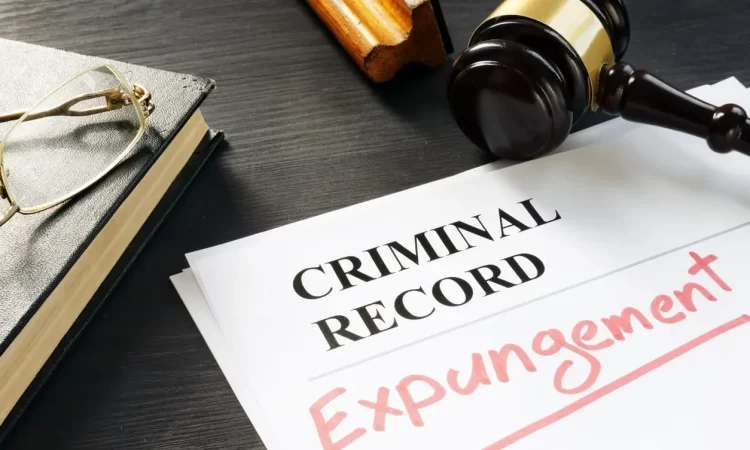One in three Americans has a criminal history, with most records resulting from arrests and minor infractions. While having a record of arrest may not have much effect on your life, a conviction for a crime can get in your way of finding a job or housing and negatively affect your reputation.
If you have a tainted record, consider looking at the possibility of having your record expunged.
What Is Expungement
Expungement can mean different things depending on your jurisdiction. In some states, it could mean having your criminal record destroyed so that no one, including the police, can access it, meaning you get a fresh start. In other jurisdictions, it can mean removing your criminal record from the public record while still being accessible by law enforcement and court employees or through a court order.
While some circumstances of expungement can result from having a conviction overturned, most cases are not based on innocence. As long as convicted offenders have made restitution for their crimes by serving time or paying fines for their crimes, the state grants convicted offenders this offer as an out of the situations created by their convictions.
Different states have different approaches to criminal record expungement. In most cases, the underlying crime can determine whether the record qualifies for expungement. Some serious offenses, such as rape and other violent crimes, do not qualify for expungement. While driving under the influence of alcohol might appear to be a minor offense, it cannot be wiped clean in most jurisdictions.
The Process
In most jurisdictions, expunging a criminal record starts with petitioning the court. In the petition, the applicant must indicate which record they need to be struck out of their record and provide evidence to prove that they qualify for the expungement. Evidence to prove qualification can include court records of the crime in question and documentation to prove that the claimant fulfilled the conditions set in their sentencing.
“This is a process that you do not want to handle on your own because making the wrong move can mean spending a few more years with a stained record,” says criminal lawyer Adam Rossen. In most jurisdictions having a petition denied by the court will require the applicant to wait a specific period before making another application. To avoid such an outcome, it is best to seek the help of a lawyer for guidance through the expungement process.
You Get a Clean Slate
If the court allows a petition, qualifying applicants will have their records expunged which comes with all the advantages of a person that never had a conviction. One of the most significant changes a criminal record expungement brings is access to more employment opportunities. Employers will often choose a person with a clean record over one with a criminal history if it comes to a choice between the two.
The same goes for acquiring housing and access to college admissions. Like employers, tenants and institutions of learning may have reservations about admitting a person with a tainted criminal record. There is no reason why a person’s social life should be adversely affected if someone can find their criminal records online. Thankfully having your record erased means the details of your arrest and conviction will not show up on background checks.

